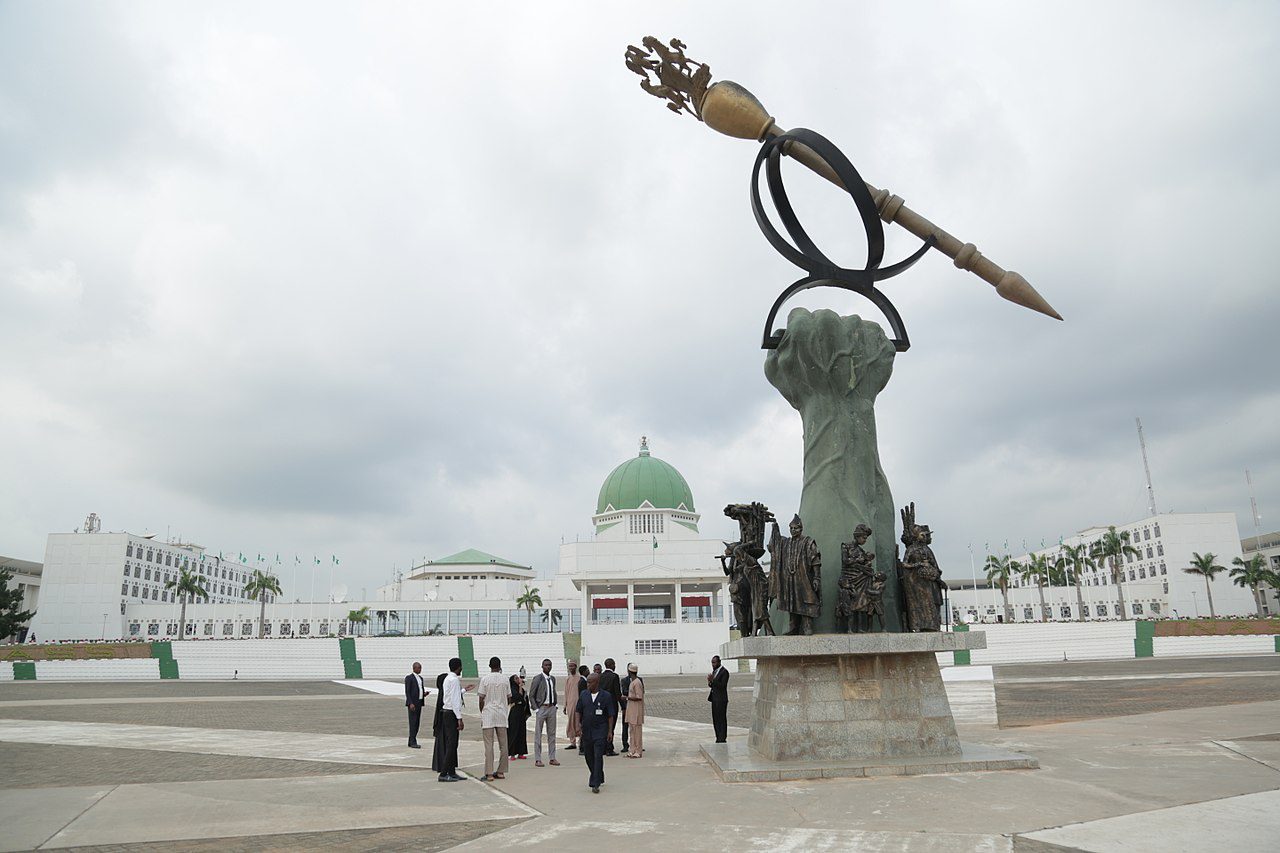In a recent Conflict Zone interview, Nigeria’s information minister, Lai Mohammed denied the existence of the controversial Anti-Social-Media Bill—formally known as the Protection from Internet Falsehood and Manipulation Bill. But despite popular consideration of the bill as a threat to the freedom of speech, it quickly passed first and second readings in the Senate, and it is currently awaiting final approval (or rejection, possibly, by the Senate). While this lasts, though, lawmakers must know that the provisions of the bill, if approved, would not only affect the lives of innocent freedom-loving Nigerians, but lawmakers themselves would not be immune to the same provisions once they leave the chambers.
The Bill is Absolutely Needless
The Anti-Social-Media Bill violates fundamental rights, primarily the freedom of expression. Whereas, this freedom is protected under section 39(1) of the 1999 Nigerian Constitution; a strong protector of political rights. More so, with 42 percent of Nigerians having access to the internet, 27 million of whom are on social media, the country’s digital community is an alternative platform for citizens to directly participate in governance. When the government makes a policy that is not popular with the public, for instance, social media is the primary channel through which criticism of such policy is expressed.
[perfectpullquote align=”right” bordertop=”false” cite=”” link=”” color=”” class=”” size=””]One of the things Nigerians are iterating as a lesson from the past is that the present republic is only two decades and a year old, and passing a bill, just like the one proposed, would only put the country on the path to a dictatorship.[/perfectpullquote]
Nigeria has also witnessed a number of political movements and protests, many of which were organized through social media; The #EndSars campaign and the #RevolutionNow movements had roots on Facebook and Twitter. Even mainstream media outlets, today, have stronger social media presence than any other time in history. More importantly, though, the traditional media, at least in recent times, have always used social media to break critical news and foster public engagement with their stories. Their focus on social media is also to indulge prompt responses by relevant authorities to claims made in the news.
Considering this alone, one could rightly assert that this bill seeks to prevent Nigerians from participating in their democracy the virtue of knowledge, and it would prevent them from holding their elected representatives accountable.
Not long ago, a human rights organization, EIE Nigeria revealed that the Anti-social-media Bill is a replication of Singapore’s absurd ‘Protection from Online Falsehoods and Manipulation Act,’ which was enacted in June 2019. This unsurprisingly was a key parameter for Singapore’s horrible ranking of 151 out of 180 countries in the 2019 World Press Freedom Index. Alas, are Nigerian lawmakers not aware of this? Who would ever know?
But what Nigerians, nonetheless, know is that the Anti-Social Media Bill is simply a rehash of the dreaded Public Officers Decree Number 4 that terrorized the country in the mid-1980s. The head of state at the time was, you know who: Muhammadu Buhari. One of the things Nigerians are iterating as a lesson from the past is that the present republic is only two decades and a year old, and passing a bill, just like the one proposed, would only put the country on the path to a dictatorship.
It goes without saying laws addressing the issue of online misinformation already exist; the 2015 Cybercrime Act is a vital example.
Unless the lawmakers can prove thier case beyond the ‘protection against falsehood’ paradigm before Nigerians, this bill should not be approved. The civil society and the public must not stop demanding reasonable justifications.
Muneer Yaqub writing fellow at African Liberty and a development policy analyst. He can be reached on Twitter: @elmunir5.
Photo Credit: WikiMedia

